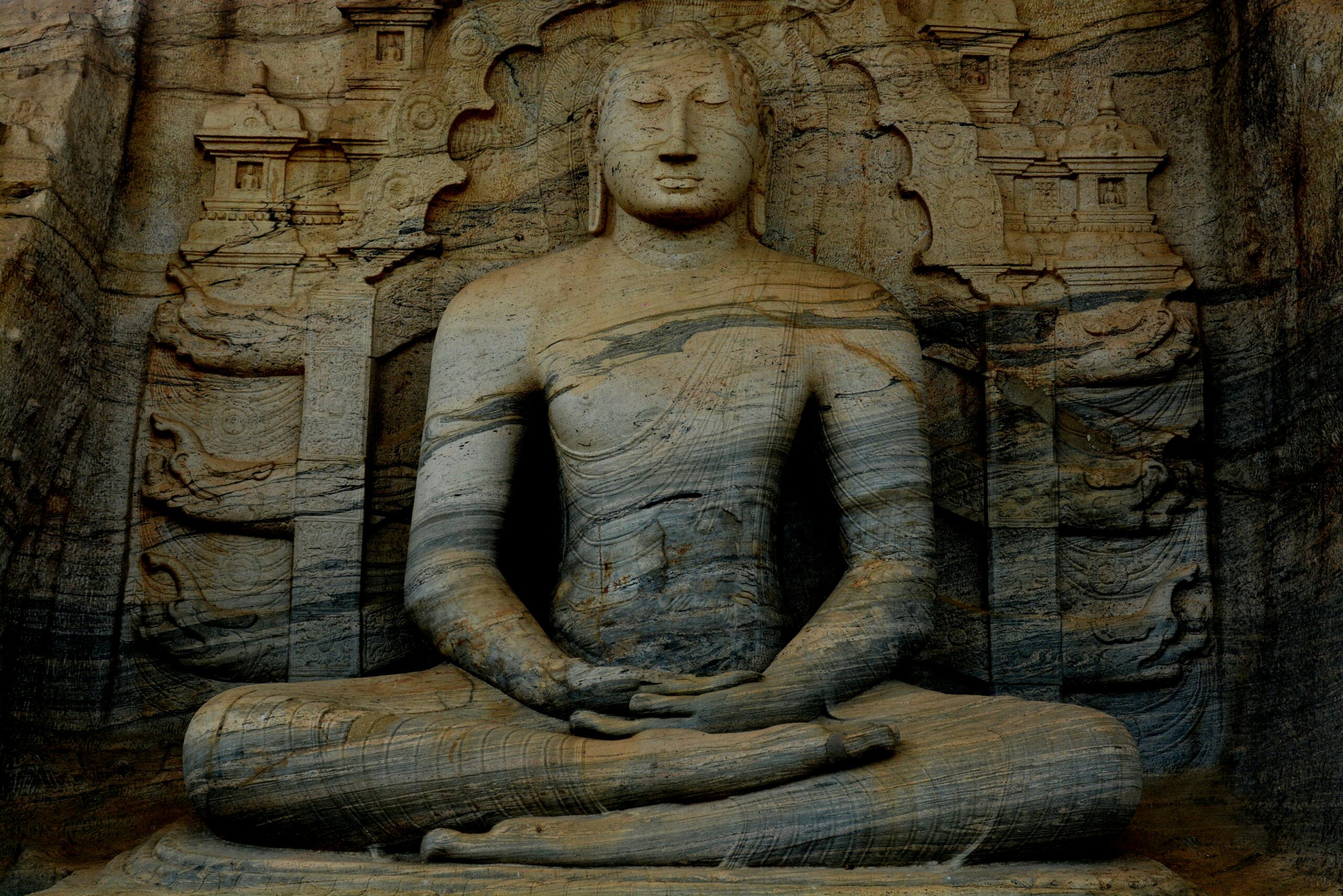Introduction to Spiritual Awakening
Have you ever felt a deep, unexplainable shift in your perspective on life? A sense that there’s more to existence than what meets the eye? If so, you may be experiencing a spiritual awakening – a profound transformation that changes how you perceive yourself and the world around you. Often, a life-changing event such as a divorce or the death of a loved one can act as a catalyst for this spiritual awakening. But what is a spiritual awakening, and how do you know if you’re going through one? In this blog, we’ll explore the meaning of spiritual awakening, the key spiritual awakening stages, and how to navigate this transformative journey.
What Is a Spiritual Awakening?
A spiritual awakening is a shift in consciousness that brings heightened awareness, deeper self-understanding, and a stronger connection to the universe. It often occurs after a significant life event, a period of introspection, or an existential crisis. Many describe it as a moment when they “wake up” to a new way of being, realizing that life holds a deeper meaning beyond material success and societal expectations.
Throughout history, spiritual awakenings have been discussed in various religious, philosophical, and psychological contexts. Whether it’s the Buddhist concept of enlightenment, the Christian idea of being “born again,” or Carl Jung’s theory of individuation, the experience of awakening is universal.

The Spiritual Journey
The 7 Stages of the Spiritual Awakening Journey
Though each person’s journey is unique, many go through spiritual awakening stages that mark their transformative experience. Here’s an overview of these common phases:
1. The Call to Awakening
This stage often begins with a feeling that something is missing. You may start questioning your beliefs, values, or the purpose of life. A sense of dissatisfaction or curiosity can push you toward exploring spirituality, philosophy, self-development, and self-discovery.
2. The Dark Night of the Soul
One of the most challenging stages, the dark night of the soul, involves deep emotional turmoil, confusion, and sometimes even despair. Physical symptoms such as headaches and fatigue may also accompany this stage. It is a period of shedding old identities, beliefs, and attachments, making way for new growth. While painful, this stage is essential for true transformation.
3. Seeking Truth and Meaning
As you emerge from the dark night, you start seeking deeper knowledge. You may explore different spiritual practices, read about philosophy, meditate, or engage in self-reflection. This is a period of learning and expanding your understanding of the world and yourself.
4. The Breakthrough
A moment of clarity or an “aha” moment occurs when you realize profound truths about yourself and the universe. This stage brings a deep sense of inner peace and understanding as you begin to let go of limiting beliefs and embrace a higher perspective, culminating in spiritual enlightenment.
5. Integration and Growth
At this stage, spiritual concepts become part of your daily life. You integrate your new understanding into your relationships, career, and personal well-being. Practices like meditation, mindfulness, and gratitude may become regular habits.
6. Living in Alignment
You begin to live authentically, aligned with your higher self and purpose. Your actions reflect your new values, and you may feel a strong sense of peace and fulfillment. Many people at this stage feel called to help others or contribute positively to the world.
7. Continual Expansion
Spiritual awakening is not a one-time event but an ongoing journey. Connecting with a universal consciousness is a key aspect of this journey, leading to profound experiences of oneness with all beings. You continue to evolve, learn, and deepen your awareness, experiencing new layers of awakening throughout your life.

Signs and Physical Symptoms You Are Experiencing a Spiritual Awakening
How do you know if you’re going through a spiritual awakening? Here are some common signs:
- A heightened sense of awareness and intuition
- A feeling of disconnect from material concerns
- Questioning societal norms and beliefs
- Increased empathy and compassion
- A desire for solitude and introspection
- Vivid dreams or synchronicities (meaningful coincidences)
- A deep longing for purpose and meaning
- Introspection and addressing past traumas throughout your whole life

Spiritual Practices for Growth
Spiritual practices are essential tools on the spiritual journey, helping individuals connect with their higher self, cultivate a deeper sense of awareness, and experience spiritual growth and transformation. Common spiritual practices include meditation, yoga, prayer, and journaling.
Meditation is a powerful practice that quiets the mind, focuses attention, and fosters a connection with the inner self. Yoga, a blend of physical, mental, and spiritual exercises, promotes flexibility, balance, and harmony in both body and mind. Prayer serves as a means to connect with a higher power, express gratitude and intentions, and seek guidance and wisdom.
Journaling is another valuable practice, allowing individuals to reflect on their experiences, insights, and emotions, thereby cultivating a deeper understanding of themselves and their place in the world. Other beneficial practices include reading spiritual texts, attending workshops and retreats, and seeking guidance from spiritual teachers and mentors. These practices support the spiritual awakening journey, fostering personal transformation and a greater sense of conscious awareness.

How to Navigate Your Spiritual Awakening with Spiritual Practices
Going through a spiritual awakening can feel overwhelming, but here are some tips to help you navigate the process:
- Embrace Change: Let go of resistance and trust the journey.
- Practice Self-Reflection: Journaling, meditation, or therapy can help process emotions and thoughts.
- Seek Guidance: Connect with spiritual teachers, mentors, or supportive communities. Learning from various spiritual traditions can provide valuable insights and support.
- Take Care of Your Body: Healthy eating, exercise, and grounding techniques can help maintain balance.
- Be Patient: Awakening is a lifelong journey—there’s no rush to “arrive.”

Embracing the Unknown
Embracing the unknown is a crucial aspect of the spiritual journey. It requires letting go of fear and resistance, and trusting in the universe and its plan. This involves surrendering to the present moment and allowing life to unfold naturally.
Trusting that everything happens for a reason and viewing every experience as an opportunity for growth and transformation is key. Embracing the unknown means being open-minded, curious, and receptive to new experiences and insights.
It also involves taking risks and stepping into the unknown with faith and trust. This approach cultivates spiritual growth and transformation, leading to a deeper sense of connection and oneness with the universe. Embracing the unknown is a powerful way to navigate the spiritual awakening process, fostering a profound sense of peace and alignment with one’s higher self.

Conclusion: Embracing the Transformative Experience
A spiritual awakening is a life-changing experience that shifts your perspective and aligns you with a deeper sense of purpose. Understanding the spiritual awakening stages can help you navigate this transformation with greater ease and clarity. Whether you’re just beginning your journey or have been on this path for years, remember that growth is continuous, and each stage brings new wisdom.
Are you experiencing a spiritual awakening? Share your thoughts and experiences in the comments below!

